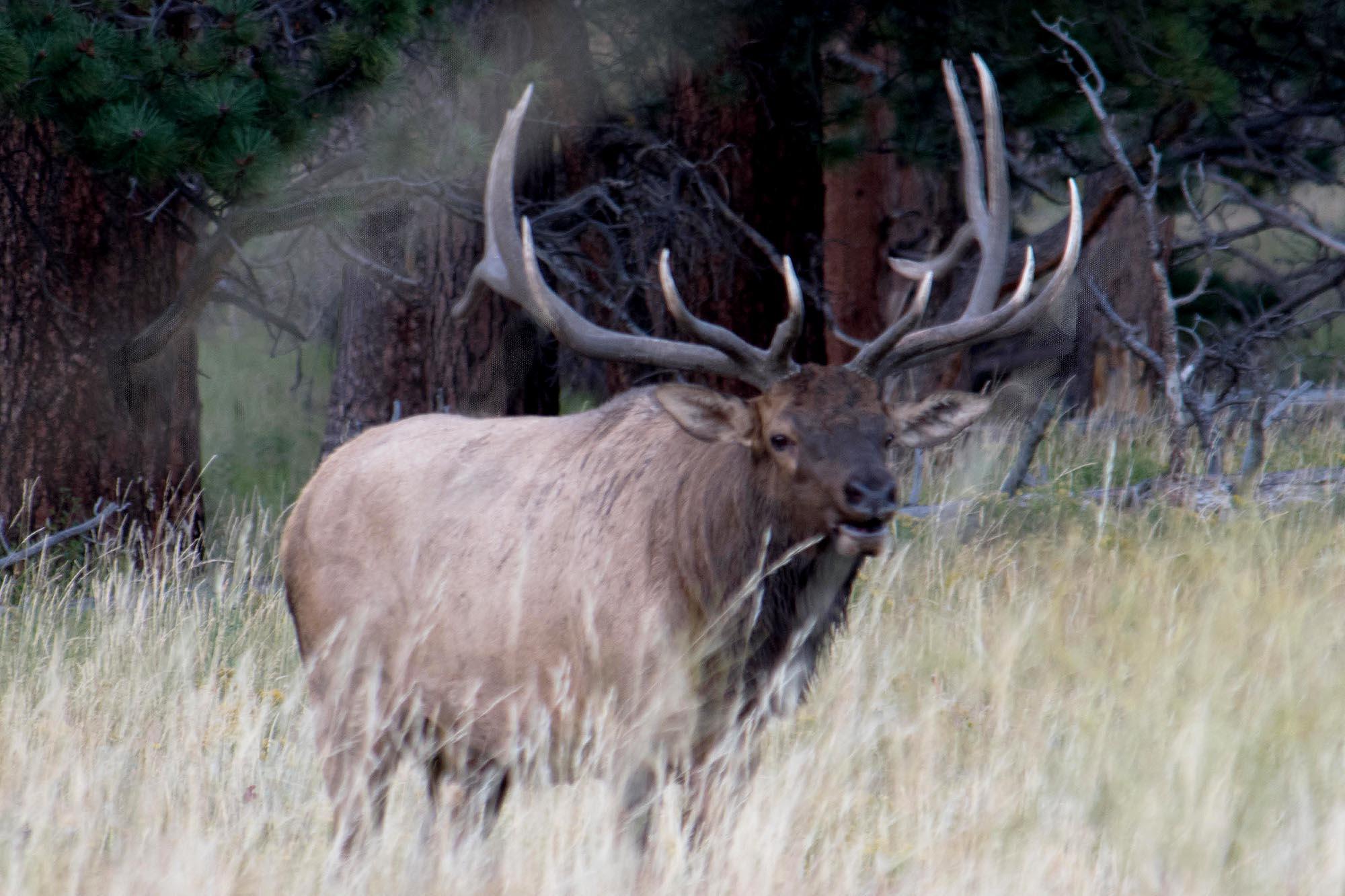
There are usually strict requirements in place if you want to return a hunting license or tag close to the season: an extreme medical diagnoses, a death in the immediate family, "or something like jury duty," said Travis Duncan with Colorado Parks and Wildlife.
But 2020's historic wildfire season peaked unseasonably late, and the October flames of the Cameron Peak and East Troublesome fires collided with hunting season. That, combined with the ongoing challenges of the coronavirus pandemic, led Colorado Parks and Wildlife to accept more than 12,000 hunting refunds with a total revenue loss of $2.8 million.
"It's been a difficult year, and we really had to focus on, from our leadership team, on being compassionate and supportive of our customers as they navigated the difficult times this year," Duncan said.
He said the agency has never issued that many refunds before. In a typical year, around 8,000 tags and licenses are returned.
Colorado's record-dry conditions fueled the late-season growth of the fires, now the state's largest and second-largest on record. The historic fire conditions, a symptom of human-caused climate change, prompted the emergency closure of public lands, including all of Arapaho and Roosevelt National Forest, where almost 30 percent of the land has burned this year.
"Many areas were closed, roads were closed, and hunters couldn't get into a lot of areas or couldn't travel because of the pandemic," Duncan said.
Even with the refunds, the state saw an increase of $6.4 million in revenue due to an overall rise in purchases of hunting and fishing licenses — around 67,000 more than the previous.
"So we definitely had a big bump in folks getting outdoors," Duncan said. "Our state park visitation was record numbers this year and our hunting and fishing numbers were record numbers this year."
Because of this overall increase, Duncan doesn't expect the revenue lost from hunting refunds to negatively impact operations.
Newly proposed revenue streams may also buffer the blow of the refunds.
The Daily Sentinel reports that, in March, Colorado Parks and Wildlife will consider requiring a $46 annual state wildlife area pass to enter state wildlife areas or trust lands.
The state purchases those lands using hunting and fishing license money in order to preserve animal habitats. But as more people have taken to the outdoors during the pandemic, officials have seen increased use and damage unrelated to hunting or fishing. The pass could help Colorado Parks and Wildlife both cover those costs and recoup the refunded license money.








